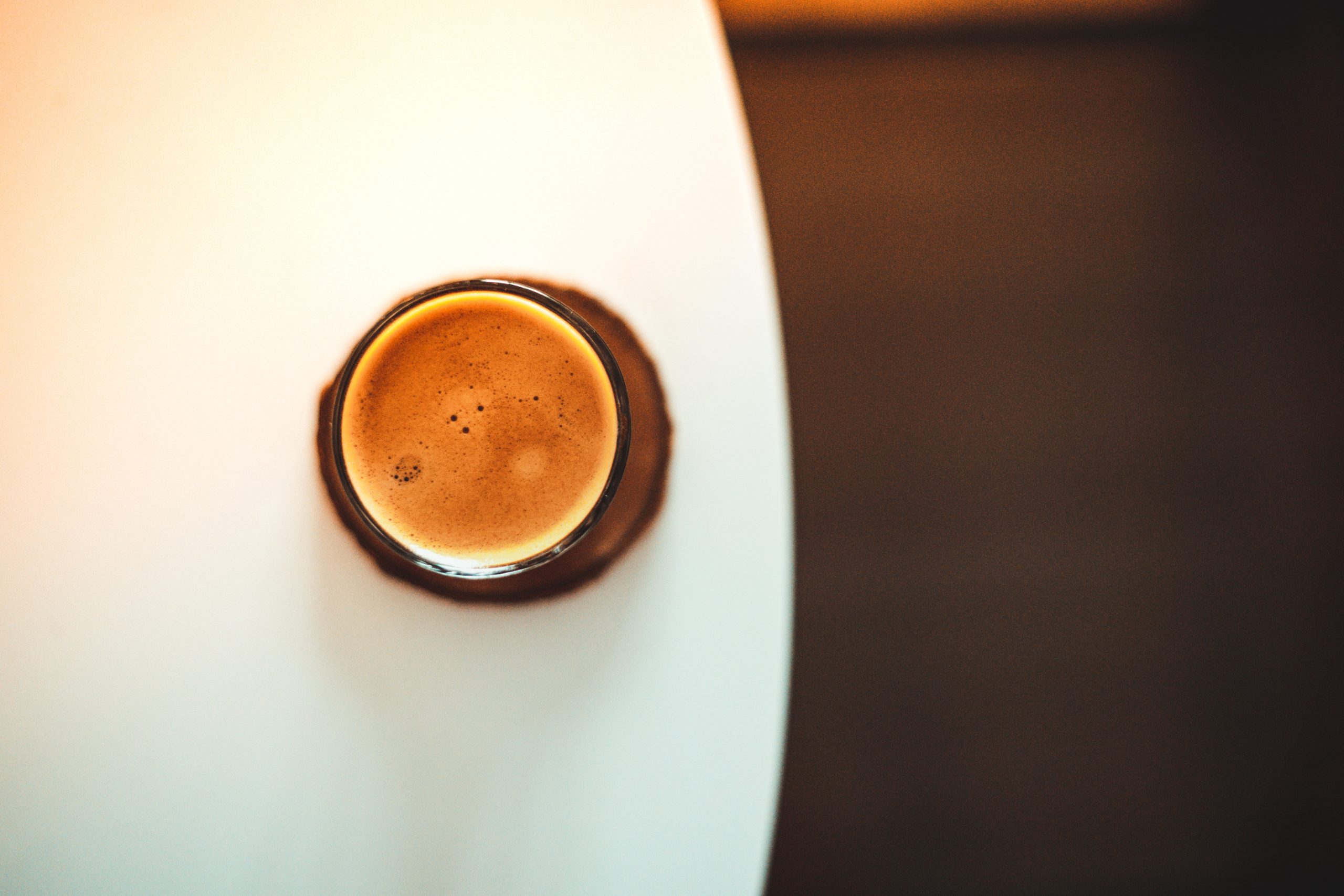Bitterness usually has negative associations. There are evolutionary reasons for this: most poisonous substances are bitter, and people try to avoid them. Interestingly, our tongue has learned to perceive bitterness more easily than other tastes.
But is it that simple when it comes to coffee?
In this article, we'll talk about when it's normal to have bitterness in coffee and what to do if your cup of coffee is too bitter.
Let's take a look.
Is Bitterness in Coffee Bad?

Bitterness can be pleasant when mixed with other flavors. Think about dark chocolate—it's predominantly sweet but also slightly bitter, so it has a balanced taste.
Bitterness in coffee isn't always a bad thing. If there is no bitterness, the coffee may seem overly acidic or sweet. Slight bitterness will complement and balance other flavors.
It's bad if bitterness overpowers other flavors in the coffee. To fix excessive bitterness, you need to understand why it appeared in the drink: production, roasting, or brewing method.
What Makes Coffee Taste Bitter?
Green coffee beans are hardly bitter; bitterness appears only during the roasting process.
The main cause of bitterness in coffee is not caffeine, as many believe (caffeine accounts for approximately 15% of the bitterness), but chlorogenic acid and its derivatives, which are released when the beans are heated. The strength of bitterness in coffee depends on the amount of these elements present after roasting and brewing.
Let's take a closer look at the factors that can affect the bitterness of coffee:
1
Arabica vs Robusta
Robusta beans have a more tangible bitterness than Arabica coffee bean. This is because Robusta contains about 10% chlorogenic acids, which is 2% more than Arabica. Plus, Robusta has nearly double the amount of caffeine. Espresso blends that contain Robusta are generally more bitter than Arabica-only varieties.
2
Growing and processing
Growing conditions, climate, cultivation, and processing methods have a direct impact on the content of chlorogenic acids and the taste of the drink.
For example, coffee beans from India, which ripen during the monsoon and are processed by the wet-hulled processing method, generally contain a lower percentage of chlorogenic acids, so there's hardly any bitterness in the finished drink. Bitterness is less pronounced in espresso made from top-rated coffee beans that are harvested by hand at the peak of ripeness.
Crops harvested by a mechanized method or by stripping often include unripe coffee berries, which contain more chlorogenic acid. Some unripe berries are removed during sorting, but some are still processed, adding a bitter taste to the drink.
Specialty coffee micro-lots, which are harvested and processed very carefully, provide a soft and balanced cup with a pleasant classic bitterness.
3
Roasting
Chlorogenic acid in its pure form is neutral and does not have a bitter taste. Green coffee beans are tasteless and only begin to show their qualities when roasted. During roasting, hundreds of chemical reactions take place in the coffee bean, releasing the components responsible for the taste and aroma of the drink.
When coffee beans are roasted, chlorogenic acid breaks down into simpler substances: lactones, phenylindanes, and quinic acid.
In 2007, Dr.Thomas Hoffman researched this topic and showed that it is phenylindanes that create a bitter coffee taste. Moreover, their quantity is directly related to the roasting profile.
Light to medium roast profiles give notes of mild dark-chocolate bitterness. Dark roast coffee profiles give a sharp bitterness and long, tart aftertaste due to the presence of more phenylindanes.
4
Grinding and brewing time
Over-extracted coffee can have an overly bitter aftertaste. This happens when you grind the coffee too finely, making it take an long time to brew. For a balanced flavor, it's important to choose the right grind for each brewing method: experts recommend that you grind your beans coarser for filter coffee than for espresso. The finer the grounds, the larger the surface area that is in contact with water, and this increases the likelihood of over-extracting the coffee and getting a bitter aftertaste.
5
Brewing water temperature
The hotter the water, the more efficiently flavor and aroma compounds release from the grounds. If your coffee seems too bitter, you can try lowering the water temperature by 2 to 3 degrees Fahrenheit.
How to Make Your Coffee Less Bitter
While bitterness is the main asset of some coffees, some people still prefer less bitter-tasting coffee. If this includes you, buy pure Arabica grown at high elevations. But if you've already purchased coffee and want to reduce its bitterness, you can use the following methods:
Add a pinch of salt
Adding salt to ground coffee or directly into the brewed cup significantly reduces the bitterness thanks to sodium ions. Only add a very small amount. You won't feel the salt, but the taste of the coffee will change.
Add milk or cream
Dairy products compensate well for the bitterness of coffee.
Try a different brewing method
This is especially true if you usually brew espresso. Try using an immersion brewing method such as a French press instead. When not brewed under high pressure, coffee is less bitter.
Change the brewing parameters
If your coffee tastes bitter after brewing, try changing the brewing parameters. But remember that if you change one parameter, it may affect others.
Therefore, for each variety of coffee and different brewing method, you need to select a recipe that will result in coffee with a balanced taste.
1. Increase the grind size.
The smaller the grind size, the longer the coffee will take to extract and the more flavor will be extracted. The beverage can over-extract, resulting in a bitter taste.
2. Reduce the time that the grounds are in contact with water.
This is especially important for immersion coffee brewing methods such as the French press.
3. Lower the brewing temperature.
The higher the water temperature, the more efficiently the flavoring compounds will be extracted. If your coffee is bitter, try lowering the water temperature by a few degrees.
4. Add some room-temperature water to the drink.
Just dilute your cup of coffee with water. The only downside is that this will not only reduce bitterness but also weaken the rest of the flavors.
